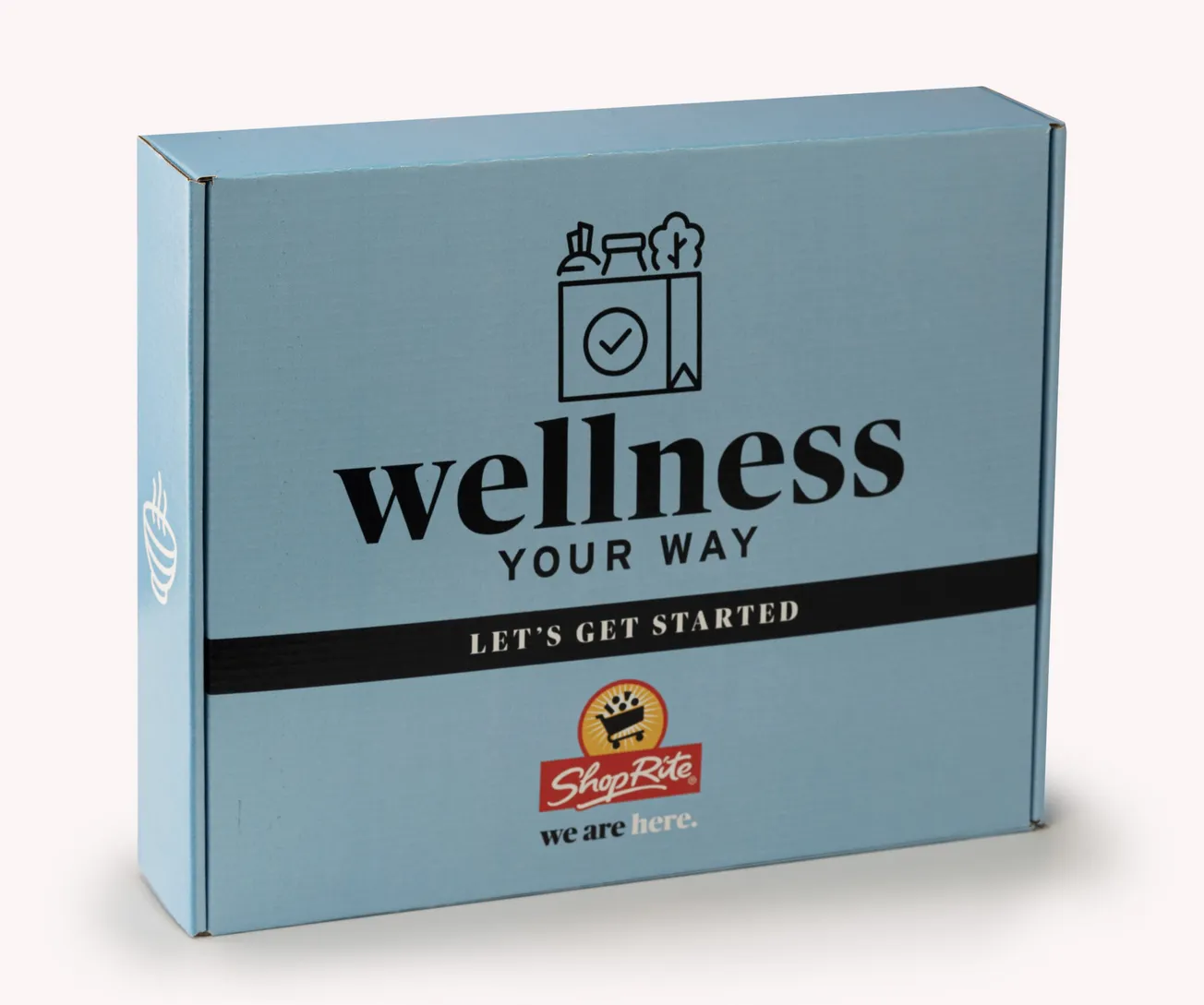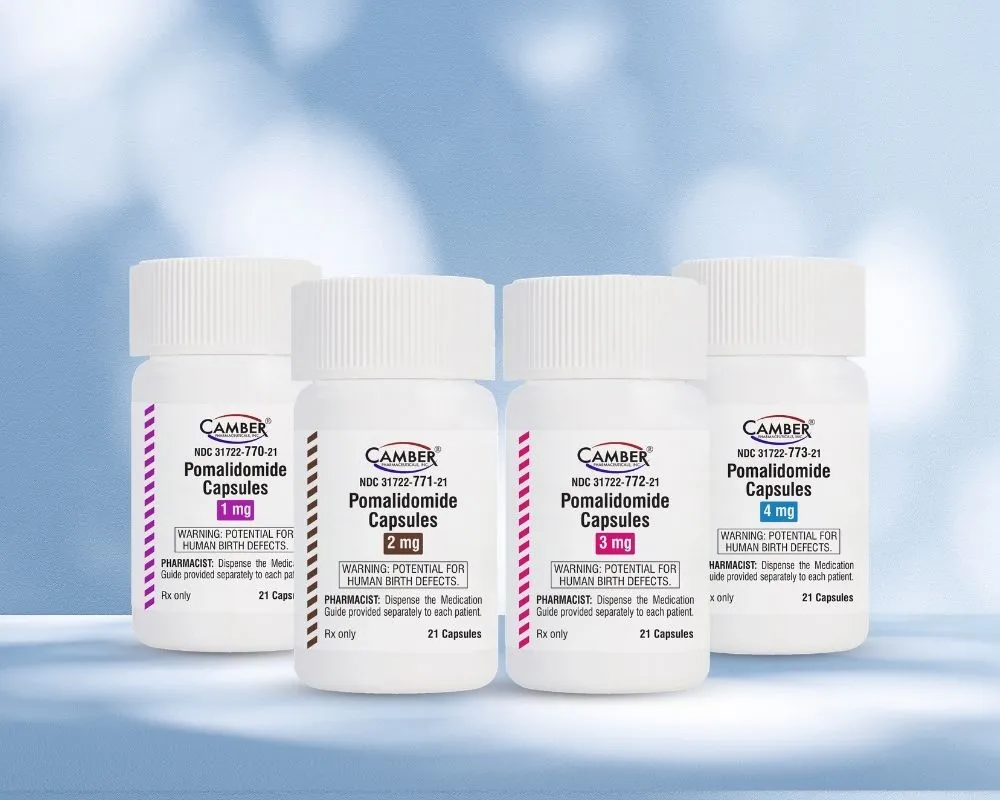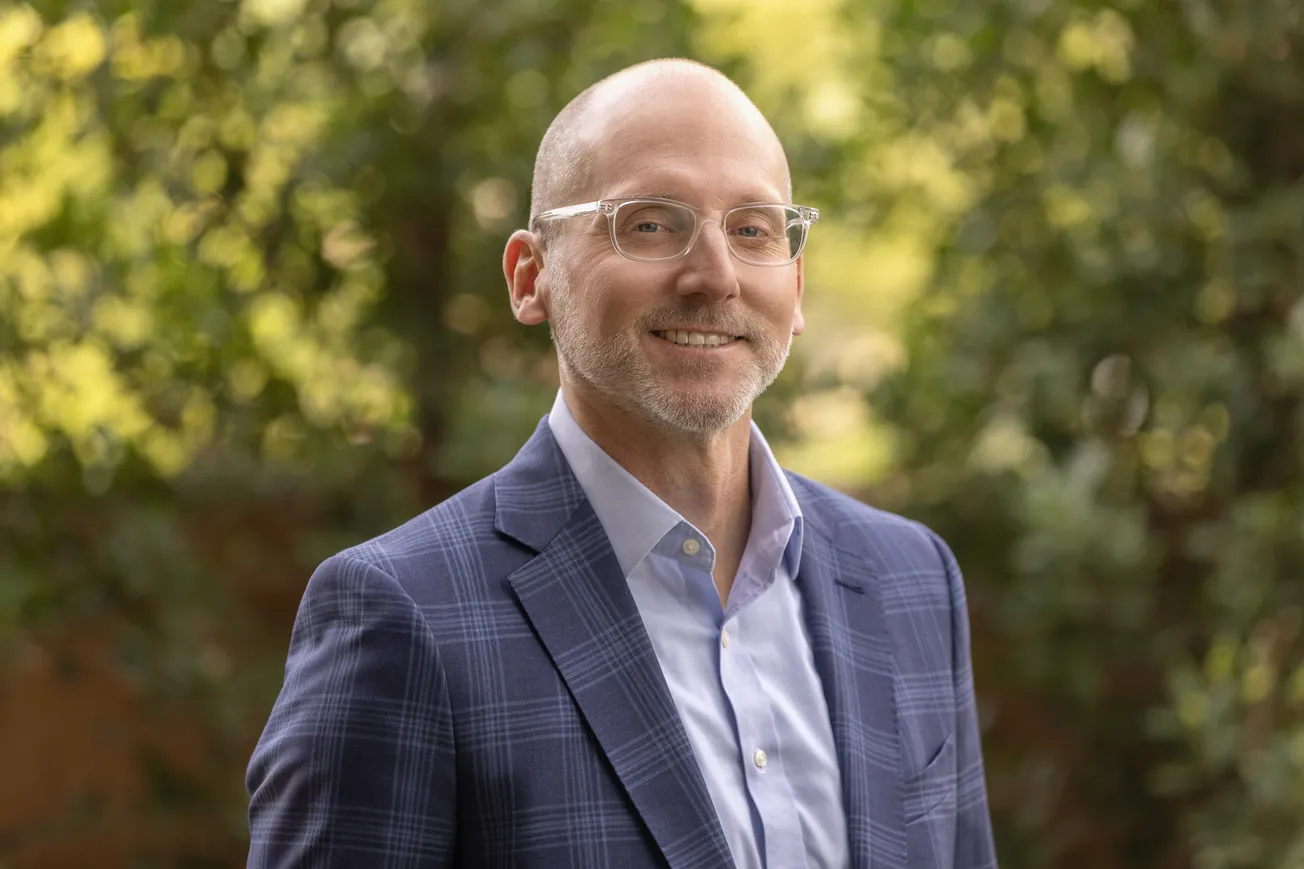NEW YORK — A new survey has reinforced the potential of pharmacists to play a key role in consumer-driven health care.
The 2013 Aflac WorkForces Report reveals Americans’ lack confidence in their ability to play an active part in consumer-driven care.
With pharmacists being among the most trusted professionals and providing a broadened array of health care services, they should be seen as integral players to the team approach to care, say industry experts.
Among the findings of the report are that 72% of the workforce has not heard the phrase “consumer-driven health care”; 62% of workers believe the medical costs for which they will be responsible will increase, while only 23% are saving money for potential increases.
Three-quarters of respondents think their employer will educate them about changes to their health care coverage as a result of reform, but only 13% of employers said educating employees about the issue is important to their organization.
“It may be referred to as ‘consumer-driven health care’ but, in actuality, consumers aren’t the ones driving these changes, so it’s no surprise that many feel unprepared,” said Audrey Boone Tillman, executive vice president of corporate services at Aflac. “The bottom line is if consumers aren’t educated about the full scope of their options, they risk making costly mistakes without a financial backup plan.”
Steve Anderson, president and chief executive officer of the National Association of Chain Drug Stores, said, “Employers and government officials who are looking for solutions to the challenges of empowering patients for better health can find a reliable partner in community pharmacies.
“We know from research and from face-to-face interactions between pharmacists and patients that pharmacies are viewed as the face of neighborhood health care.”
A survey conducted for NACDS last July found that 91% of people have a great deal of confidence or some confidence in pharmacists as a source for health advice. The poll also found that patients are enthusiastic about new pharmacy services, including vaccinations, health education, disease state testing and management, and programs such as medication therapy management that help people take their medications as prescribed.
“We found that patients value the community pharmacist’s role in helping them use medicines safely and stay healthy, and that they appreciate new and innovative pharmacy services that do even more to improve patient health and quality of life,” Anderson said. “While pharmacists are widely trusted and seen as highly accessible, they are particularly and extremely valued by those in the greatest need.”
In addition to NACDS’ research, Gallup’s annual Honesty and Ethics survey has placed pharmacists in the top three among all professions for 10 consecutive years. Nearly three-quarters (73%) of respondents in 2012 rated the honesty and ethical standards very high or high. That put the profession ahead of doctors (70%) and second only to nurses (84%). The rating for pharmacists, first measured in 1981, tied the profession’s historical high, from 2006.




